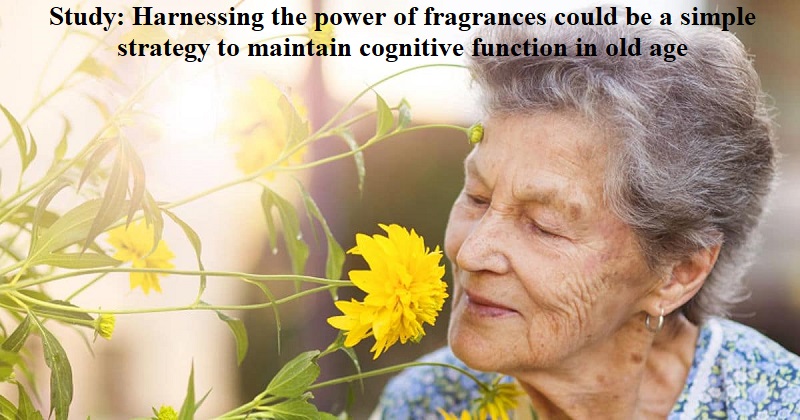
The sense of smell often takes a back seat in the realm of human senses, receiving less attention compared to sight and sound. However, research conducted at the University of California, Irvine, suggests that harnessing the power of fragrances could be a simple yet effective strategy to maintain cognitive function in old age.
According to Science Alert, by infusing the air with various scents, a direct connection between the brain’s memory and decision-making regions can be strengthened. This could potentially offer a defense against cognitive decline and disorders like dementia.
Recent experiments by the researchers at the University of California, Irvine, have provided compelling evidence supporting the role of fragrances in boosting cognitive performance. The approach is based on the understanding that nurturing the activity of the ageing brain is essential for sustaining cognitive well-being. It goes beyond routine mental exercises and involves immersing our surroundings with a variety of sensory experiences that the brain can engage with.
Aromas have a remarkable ability to evoke potent memories, even from distant pasts. While visual and auditory impairments can be addressed through interventions like glasses and hearing aids, there has been a notable absence of interventions for olfactory loss.
To explore the potential of sensory stimulation in preserving cognitive function, the researchers conducted a study with 20 participants. These volunteers were exposed to natural oils infused with fragrances like rose, orange, eucalyptus, lemon, peppermint, rosemary, and lavender. Another group received a ‘sham’ odorant with minimal scent traces.
Over six months, the participants used a diffuser to disperse these scents in their homes for two hours every night. Neuropsychological assessments were conducted to evaluate memory, verbal learning, planning, and attention-switching abilities before and after the trial period.
The concept of enriching environments to stimulate cognitive plasticity is not new, especially in the animal kingdom. Various studies have shown that introducing odors into an animal’s environment can enhance neuroplasticity, particularly in creatures with symptoms similar to human neurological disorders.
This observation suggests that humans could also benefit from a complex “scent-scape.” Interestingly, there is a close correlation between the deterioration of olfactory ability and cognitive decline, indicating a profound interconnection between the sense of smell and neurological functioning.

Post Your Comments